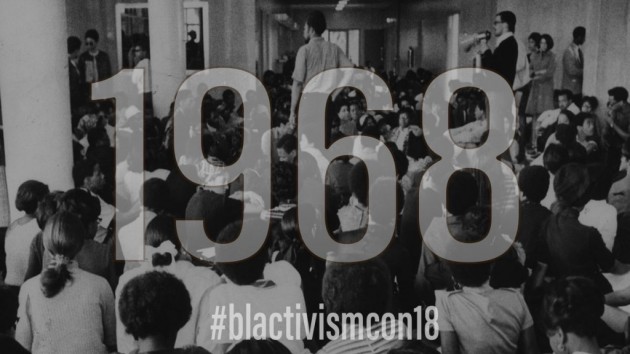National Black Family Reunion Educates African-American Families
As discussions about health care continue to broil around the nation, African Americans voiced their concerns last weekend about their health conditions at the 24th annual National Black Family Reunion at the National Mall in Washington.
Sponsored by the National Council of Negro Women, the three-day-long cultural event aims to expose the strengths and values of the African-American family while shedding light on important issues that impact black health and education. It featured several pavilions that showcased black-owned businesses and organizations that focused on family values, education, economic empowerment, teen issues and health care.
“Now that we have a black president, all of those issues that were bubbling up have come to the surface,” said Dr. Lenore Coleman, the president and founder of Healing Our Village in Lanham, Md.
“We as a culture need to help each other because we have lost the family structure,” Coleman said. “All of this is causing sickness. The depression, the hardships are the things that are tearing families apart and making it harder for them to fight chronic diseases.”
For more than 26 years, Healing Our Village has focused on educating minorities about health care. Coleman displayed her book, “Healing Our Village: A Self-Care Guide to Diabetes Control.” According to Coleman, there is an increase in the number of adults and children diagnosed with Type 2 diabetes. Coleman said that with the proper information, diabetic complications are preventable. She added that African-Americans need to take a more proactive role in taking care of their health.
According to the American Diabetes Association, there are about 23.6 million people in the United States that are diagnosed with diabetes. That is eight percent of the population. “People of color are not encouraged to prevent chronic diseases,” Coleman said. “Researchers show the lack of education that they are getting about health care is limited.”
“Eighty-five thousand deaths each year are due to health disparities,” she added. “African-Americans deserve to know their grandchildren. We need to take better control of the situation by monitoring and slightly changing our diets. These are simple things we can do, but we are just not doing them.”
Ironically, at the front of the health care pavilion were several food vendors selling fried chicken, Cajun fried fish, jumbo chicken wings and funnel cakes. Scores of people flocked to the food vendors, and the lines were so long that it became difficult to walk through the area.
“Knowing your health status is important; that is why we do it for free,” said Shadae Doyle, an assistant who registered people for free screenings for blood pressure and glucose levels.
But not all the food offered was unhealthy. Among the many black-owned businesses that were at the event this weekend was Glory Foods Inc, a business known for its canned vegetables, beans and seasoning. Masses of people young and the old waited in the hot sun in front of the Glory Foods pavilion for some hot southern-style cooking, including seasoned string beans and collard greens as well as tasty black beans.
“Everybody knows the movie ‘Soul Food.’ Food is what brings us together,” said Jaqueline Neil, president and CEO of Glory Foods.
“Back in the day, people had time to cook” Neil said. “People don’t have time for that anymore, but they still want to get their families together. When parents are involved in kids’ lives, they tend to do better and when they go off to college, they take those values with them. It’s no accident that black folks end up in the kitchen.”
In 2006, Glory Foods introduced Sensibly Seasoned to the market, a new line of their canned products that were lower in sodium and fat. According to Neil, Glory Foods is the first southern-style product line to receive a heart check mark from the American Heart Association.
Other organizations that were featured at the National Mall included Howard University. Student representative Bobby Johnson, a junior Speech Pathology major, said that the lack of education is a serious issue within the black community and that it is important for colleges and universities to raise awareness about opportunities.
He provided people with applications and the Howard magazine, but mentioned that Howard University is not trying to discourage people from going to other universities. Instead, its goal is to influence others to attend college.
Marinda Wilson, an insurance agent from the higher education division of the Security National Life Insurance Company, was also trying to raise awareness about college opportunities.
“There are so many people that do not know about the opportunities,” Wilson said. “We are trying to make college a goal rather than a dream.”
The National Council of Negro Women sponsored performances including that of childhood legend, The Kinderman. Three-time Emmy award winner John “Kinderman” Taylor is best known for bringing education, entertainment and inspiration to young African-American children around the nation.
“We want to keep the value of education in the community,” Wilson said.
Crystal Evans of Hyattsville, Maryland said the Black Family Reunion was a good event to bring the community together. “It’s very diverse,” Evans said. “You don’t just have African-Americans coming here, but white people as well. It’s good to see us coming together. Black people have a sense of strength and a sense of unity that I admire.”


